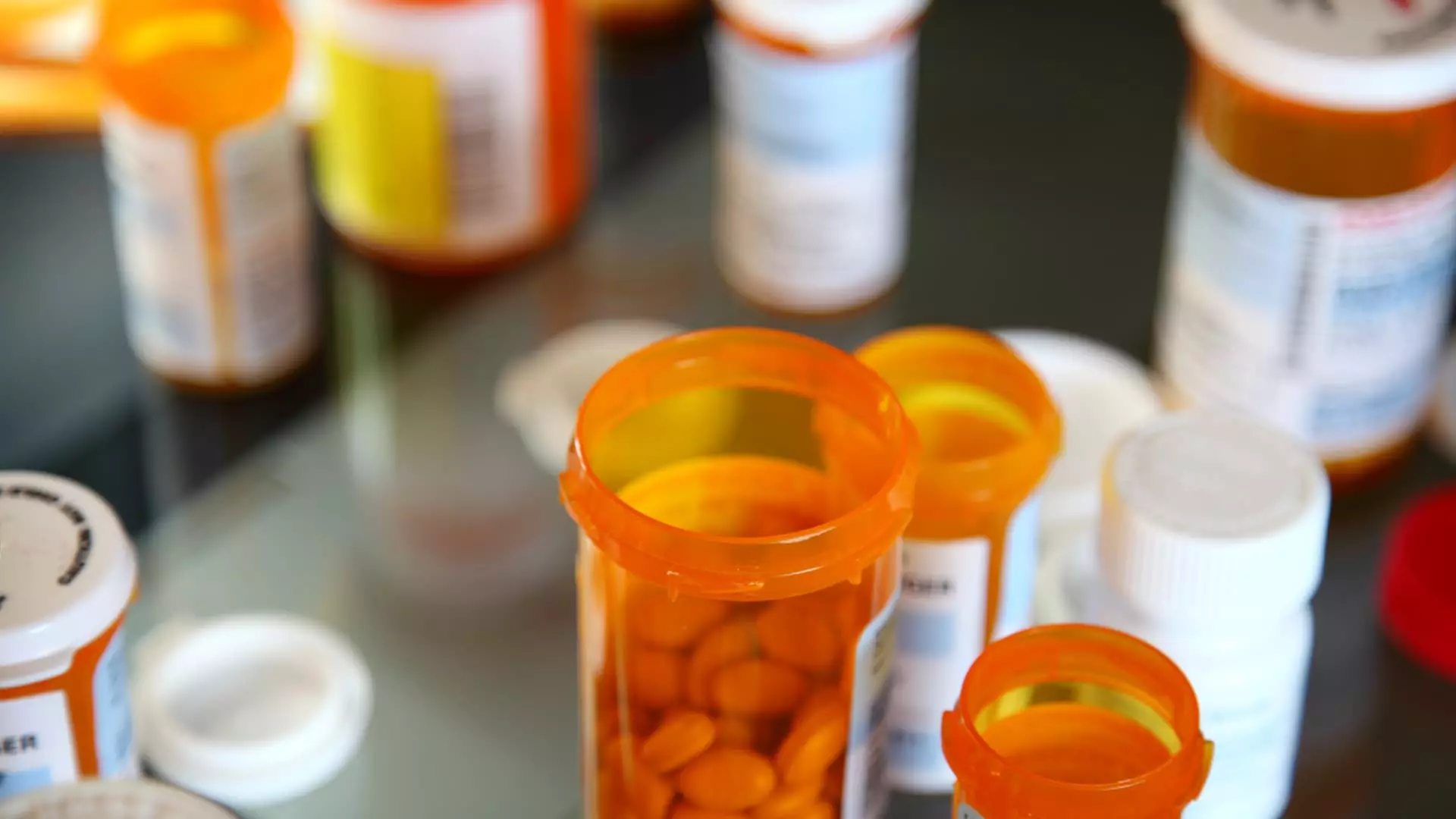The implementation of tariffs by the Trump administration, specifically targeting imports from Canada, Mexico, and China, could lead to significant repercussions on the U.S. healthcare system. As tariffs are imposed, pharmaceutical trade groups warn that these measures may exacerbate existing drug shortages, inflate healthcare costs for patients, and further threaten the viability of generic drug manufacturers struggling to remain afloat in a challenging market.
President Trump announced on a Saturday his decision to impose a 25% tariff on nearly all goods passing through Canadian and Mexican borders and a 10% levy on Chinese imports. This move came as a direct response to issues surrounding the flow of illicit drugs and undocumented immigration. While these tariffs were initially scheduled to take effect promptly, Mexico’s President Claudia Sheinbaum confirmed Monday that the U.S. would delay its proposed tariffs for one month. This delay follows Mexico’s commitment to bolster security measures along its border, but the specter of the tariffs still looms largely over the healthcare landscape.
The U.S. currently faces a dire shortfall of essential medications, including cancer treatment injections and various generic drugs. These shortages have led to troubling scenarios where hospitals and patients must ration life-saving drugs. At the same time, American consumers are grappling with skyrocketing prescription drug prices, making access to affordable treatment an increasing concern. In this context, the reliance on foreign countries for pharmaceutical supplies, especially generics—which account for 90% of all prescriptions—raises alarms that tariffs could severely limit American patients’ access to necessary medications.
China, in particular, plays a crucial role as a supplier of Active Pharmaceutical Ingredients (APIs) used in both generic and brand-name medications. Due to the lower production costs prevalent in China, a significant portion of these vital ingredients is imported from the country. Thus, any increase in tariffs has a direct correlation with the availability and cost of these medications.
The possible ramifications of the tariffs particularly threaten the sustainability of generic drug manufacturers. John Murphy, CEO of the Association for Accessible Medicines, voiced concerns that many generic manufacturers face slim profit margins and may be compelled to withdraw from the market altogether if they cannot absorb the newly imposed costs. Considering that many manufacturers already sell drugs at a loss, the tariffs pose an existential threat to their operation. Murphy urged the Trump administration to consider exemptions for generic products to ensure the continued availability of affordable medications for Americans.
On a broader scale, the pressures imposed by trade tariffs may lead to substantial disruptions in the pharmaceutical supply chain. The Healthcare Distribution Alliance, a representative body for drug distributors, emphasized that tariffs on pharmaceutical products could further strain the complicated logistics involved in drug distribution. They warned of imminent new shortages of critical medications, which would ultimately burden both private payers and government programs like Medicare and Medicaid.
Estimates from institutions like The Budget Lab at Yale University suggest that these tariffs could result in approximately a 1.1% increase in the long-term prices of pharmaceuticals in the U.S. This modest-sounding percentage can translate into millions of dollars for patients who are already priced out of essential medications. Pharmaceutical Research and Manufacturers of America, representing established pharmaceutical companies, echoed the sentiment that while they share Trump’s vision of maintaining U.S. global leadership in biopharmaceutical innovation, tariff measures should ideally target unfair international practices and serve to protect intellectual property rather than jeopardize access to medicines.
The ramifications of tariffs extend beyond pharmaceuticals to the medical device industry. Many devices and their components are sourced from manufacturing hubs in Mexico, China, and India. For instance, Intuitive Surgical has revealed that a large proportion of their manufacturing occurs in Mexicali. Imposing tariffs on goods fabricated in these regions could lead to increased product costs, as well as reduced profit margins for American medical technology firms. Medical device associations like AdvaMed have implored the administration to place exemptions on medical products to forestall potential shortages and escalate healthcare costs.
The tariffs also impact healthcare facilities directly by increasing the costs of everyday medical supplies—ranging from personal protective equipment (PPE) to larger equipment like imaging devices. This cascading effect across both the pharmaceutical and medical device sectors underscores a looming risk of diminished healthcare access and higher costs for patients.
While the tariffs may have been intended as a strategic maneuver to combat illegal drugs and immigration, the collateral damage to the pharmaceutical and healthcare industries could have lasting consequences. The need for a balanced approach that protects American interests while ensuring patient access to affordable medications is more critical now than ever before.

